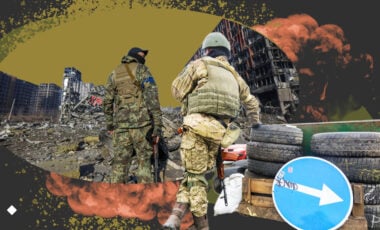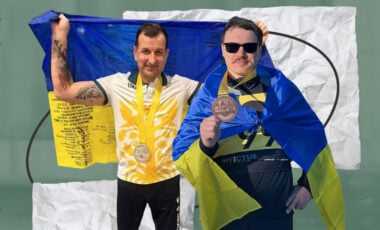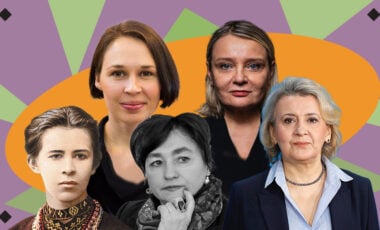Recovery solutions: 19 Ukrainian communities will receive expert support from Canada
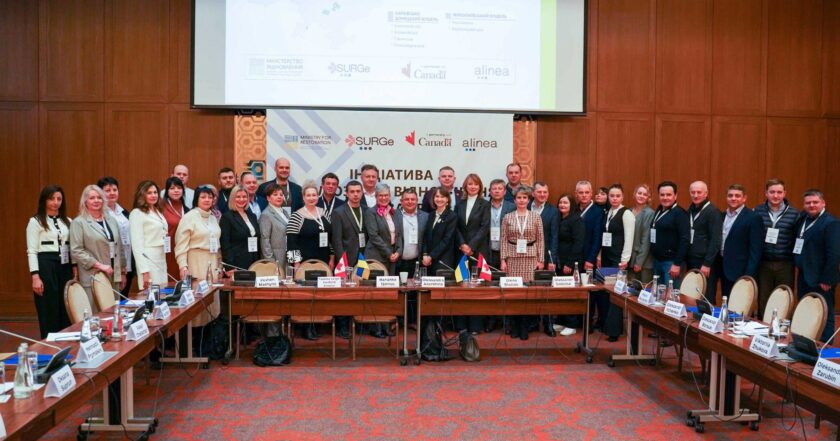
In the photo: Organizers of the initiative and representatives of all 19 selected communities / Photo provided by the Ministry of Reconstruction
Communities from seven affected regions will receive expert support in sustainable, inclusive, social, and economic recovery.
They were selected from over 300 communities according to the extent of damage, needs, development desires, and potential for change, Rubryka reports.
What's the problem?
Communities affected by Russian aggression face numerous challenges. These include seeking opportunities for recovery, developing and submitting relevant projects, and drafting strategic documents for comprehensive recovery and development based on sustainability and inclusivity. Often, there is a lack of capacity locally to effectively address these tasks.
What's the solution?
On January 26, the "Community-Led Inclusive Recovery (CLIR)" initiative officially started its work in Kyiv. The initiative is part of the international technical assistance project "Supporting Governance Reforms in Ukraine" (SURGe), funded by the Canadian government at the request of the Ministry of Reintegration.
How does it work?
Inclusive recovery works for every resident of the community. CLIR experts will support selected communities in strategic management and planning, establishing partnerships with international organizations, attracting external investments, developing social services, implementing sustainable development principles, and more.
The project will work in the Kyiv region, Donetsk region, Kharkiv region, Dnipropetrovsk region, Mykolaiv region, Odesa region, and Chernihiv region. The selected 19 communities were grouped into these six groups based on geographical proximity and shared needs.
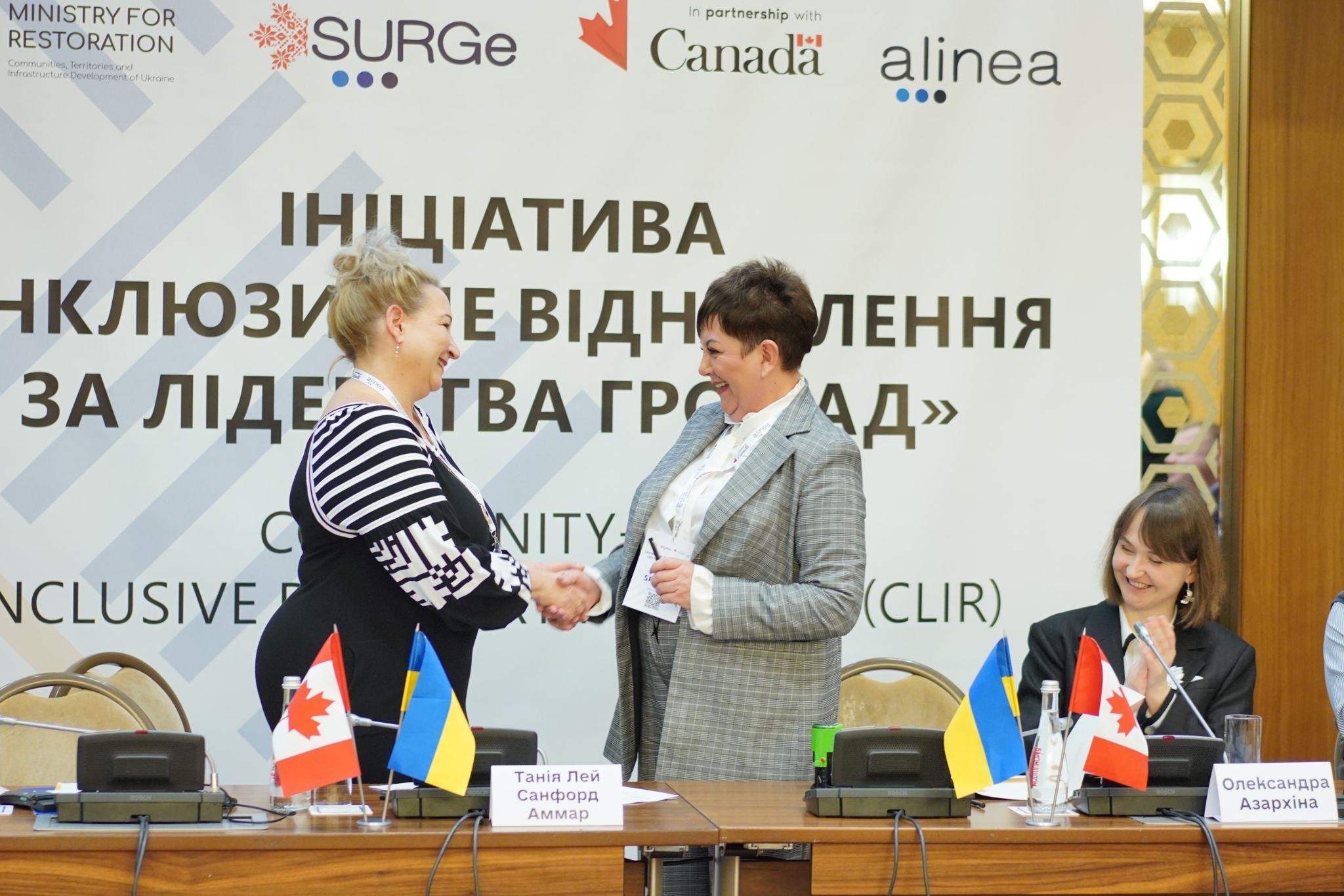
In the photo: Tawnia Sanford Ammar congratulates the head of one of the selected communities on signing a memorandum of cooperation / Photo courtesy of the Ministry of Reconstruction
Inclusive community recovery considers the needs of all residents. This key task was emphasized by Tawnia Sanford Ammar, Project Director of SURGe in Ukraine. The initiative aims to strengthen communities' capacity to rebuild in an inclusive and gender-responsive manner, benefiting not only these specific communities but the entire Ukrainian society.

In the photo: Tawnia Sanford Ammar, director of the SURGe project in Ukraine / Photo courtesy of the Ministry of Reconstruction
"We aim for all selected communities to receive the necessary knowledge, skills, and tools to develop effective recovery plans, implement reconstruction projects, attract financial support, and take on leadership roles in the country's recovery process in collaboration with the CLIR expert team," said the Project Director of SURGe in Ukraine.
The need for community leadership during the war was also stressed by Oleksandra Azarkhina, Deputy Minister of Community Development, Territories, and Infrastructure of Ukraine.
"This is impossible without building deep competencies and effective institutions locally. A systemic approach will strengthen the capacity and resilience of territorial communities in the long term," said the Deputy Minister.
In practical terms, the participation of these 19 communities in the initiative will also mean their leadership in filling out profiles for all Ministry services, such as DREAM, and, in the future, a unified geoinformation system for regional development.
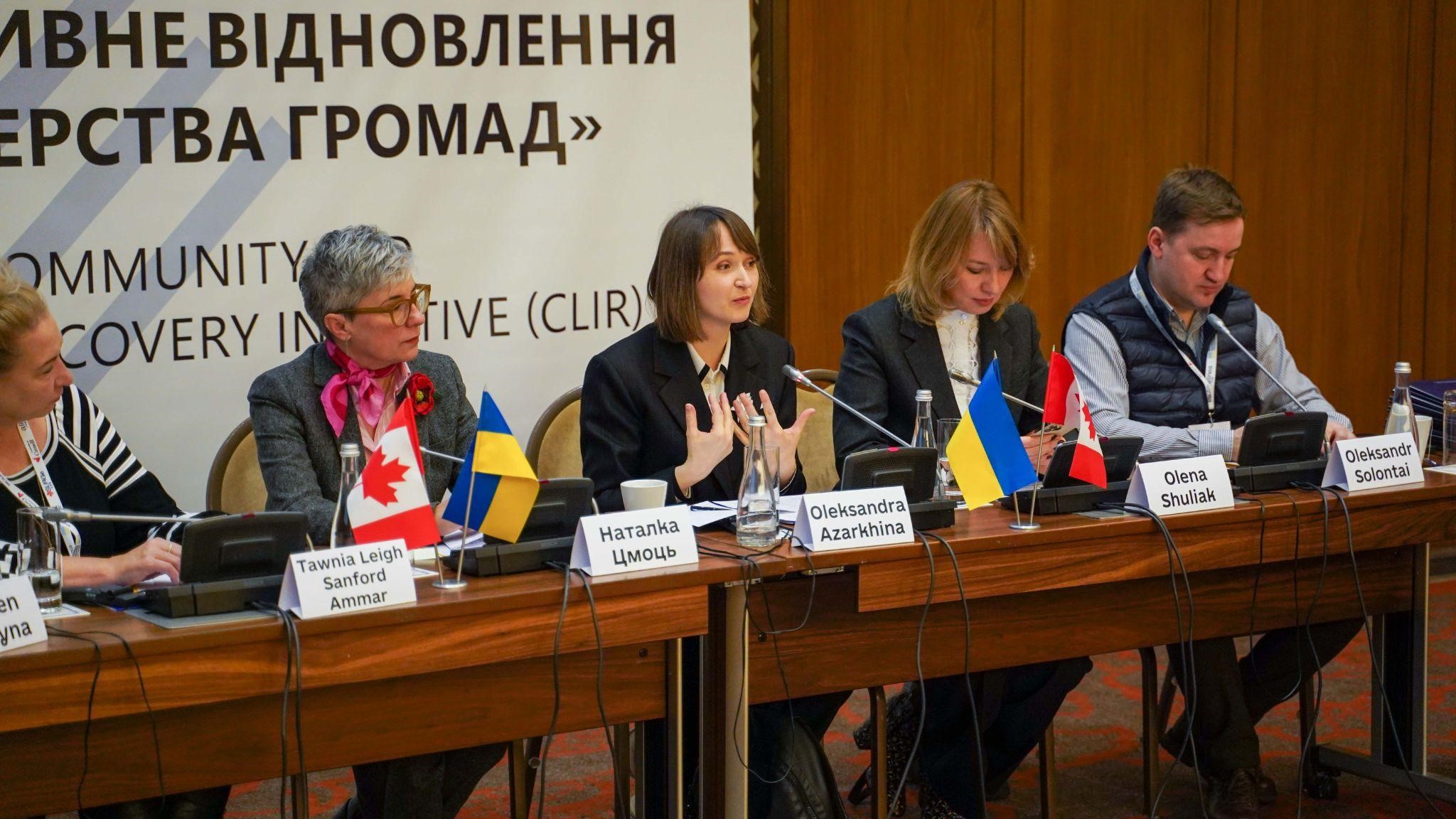
In the photo: The launch of the initiative was attended by the director of the SURGe project in Ukraine Tawnia Sanford Ammar, Canadian Ambassador to Ukraine Natalka Tsmots, deputy minister Oleksandra Azarkhina, head of the relevant committee in the Verkhovna Rada Olena Shuliak and CLIR senior adviser Oleksandr Solontai / Photo provided by the Ministry of Reconstruction
Extraordinary and Plenipotentiary Ambassador of Canada to Ukraine, Natalia Tymoshchuk, welcoming the initiative's start, noted that Ukrainian communities once helped build Canada. Now, Canada is helping Ukraine.
Natalia Tymoshchuk welcomed the determination of Ukrainian communities during the war to continue developing and focusing on recovery.
"Strong communities are the key to the success of this country," said the Ambassador.
Canada will allocate funds amounting to 1.3 billion Canadian dollars (over $947,000) for military assistance to Ukraine's Armed Forces by 2026.


























